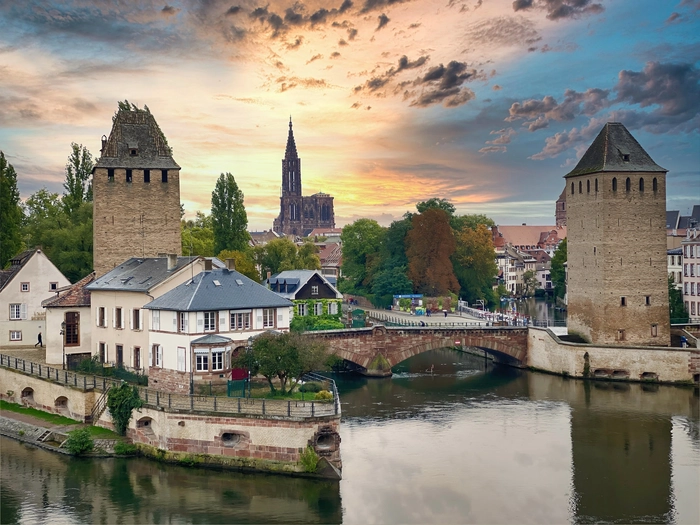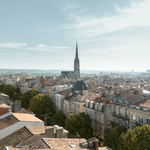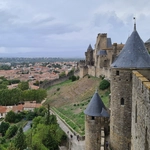Origins of the town
Strasbourg's origins date back to Roman times, but it was in the Middle Ages that it emerged as a commercial and cultural powerhouse. Its city center, a UNESCO World Heritage Site, bears witness to the medieval architecture and German influence that marked its history.
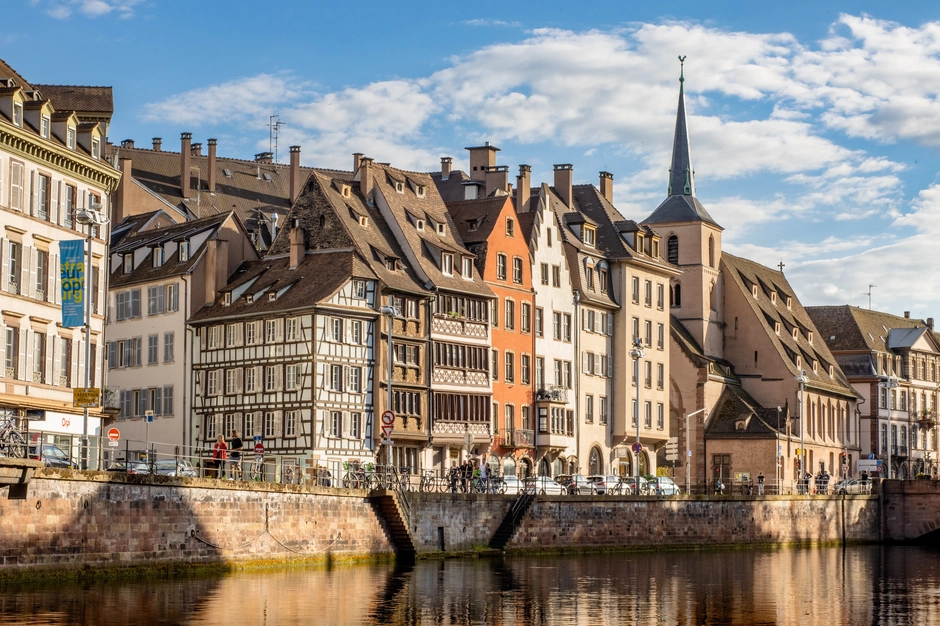
Special features of Strasbourg
What makes Strasbourg so special is its unique blend of architectural styles. Notre-Dame Cathedral, a Gothic masterpiece, dominates the Grande Île, while the half-timbered houses of the Petite France district add a picturesque touch. The city is also home to the European Parliament, symbolizing its central role in the construction of contemporary Europe.
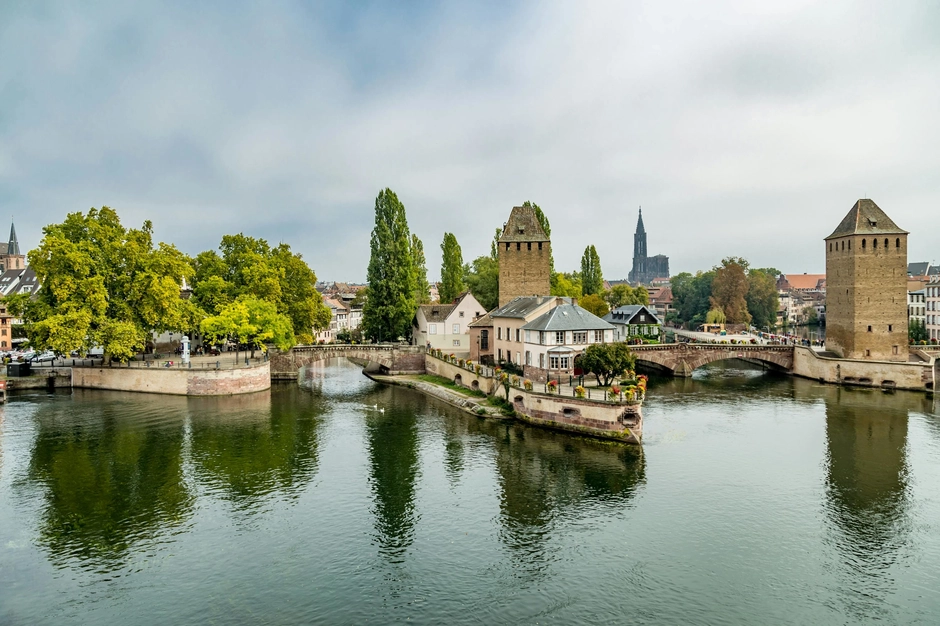
Alsace climate
Strasbourg enjoys a semi-continental climate, typical of Alsace. Winters are cold and snowy, creating a magical atmosphere around the Christmas markets. Summers are warm, encouraging locals and visitors alike to enjoy the cafés on the banks of the Ill.
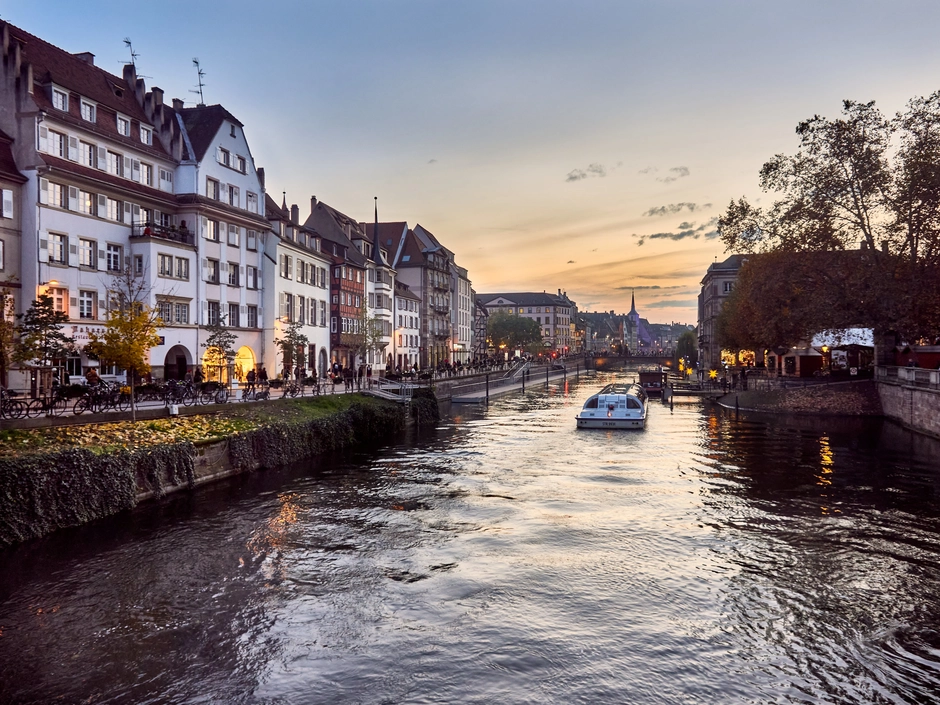
Cosmopolitan population
Strasbourg's population is marked by its diversity. As home to the European Parliament, the city attracts residents and workers from all over the world. Students at renowned universities, such as the University of Strasbourg, add a youthful, intellectual energy to the city.
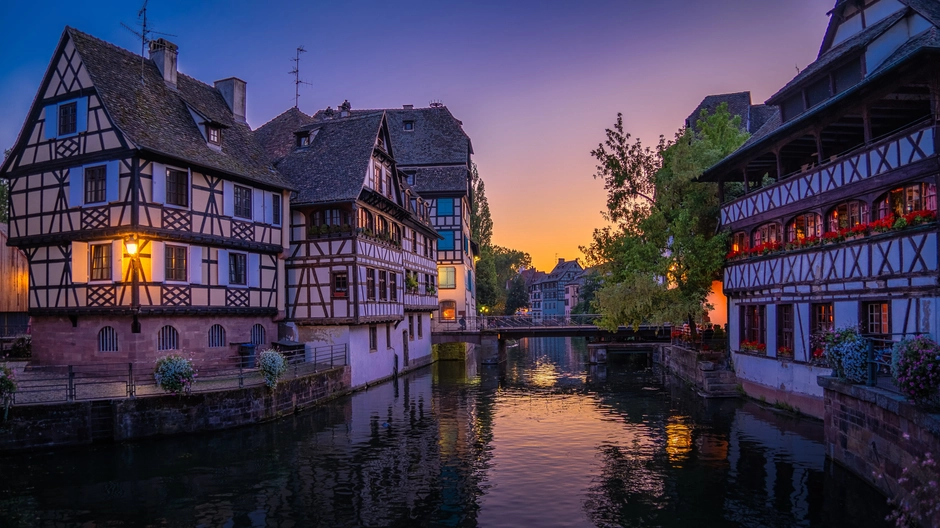
Conclusion
Strasbourg, with its medieval origins, architectural diversity, Alsatian climate and cosmopolitan population, embodies the spirit of Alsace while playing a key role in the construction of modern Europe. It's a city where every street corner tells a story, where past and present intertwine in a harmonious dance. As a showcase for Alsatian and European culture, Strasbourg continues to seduce those attracted by the richness of its heritage and the vitality of its contemporary life.
